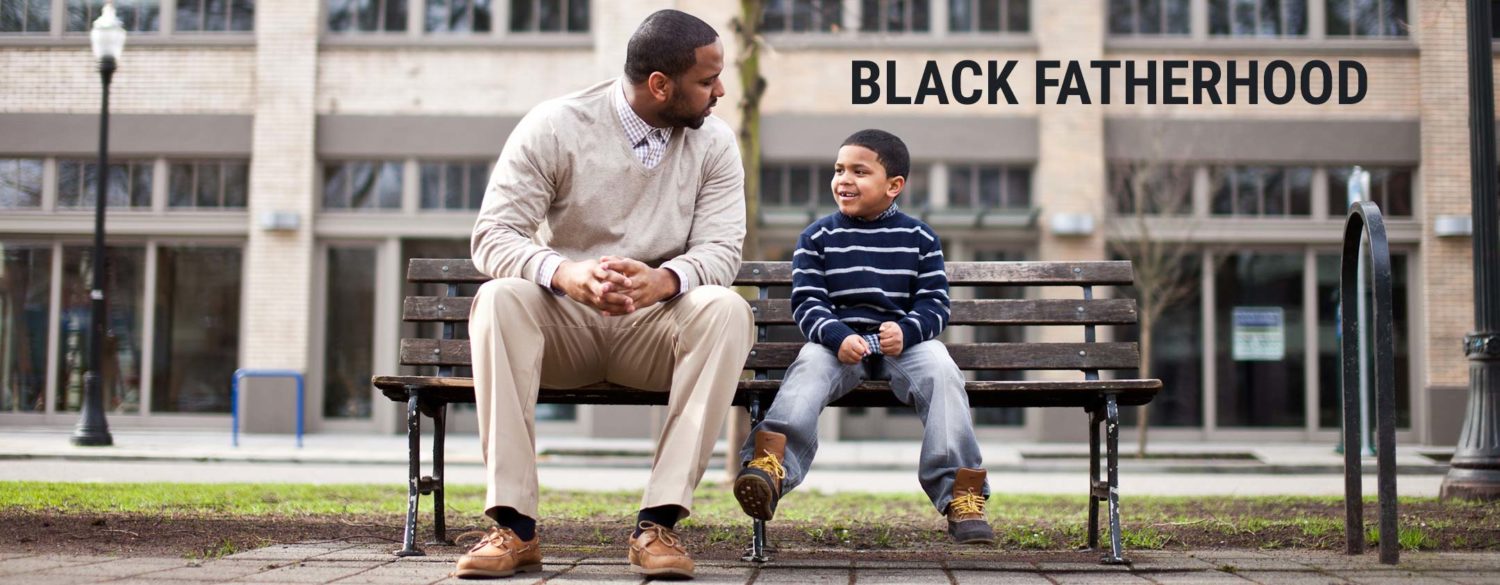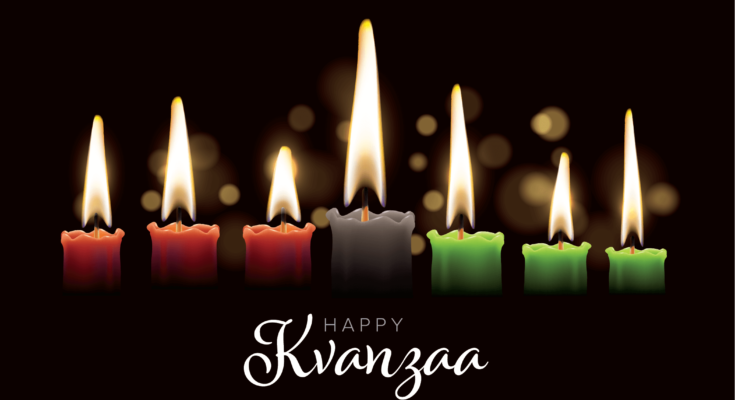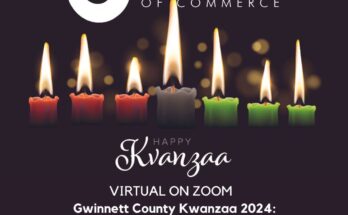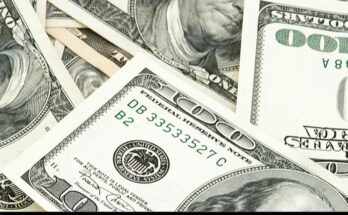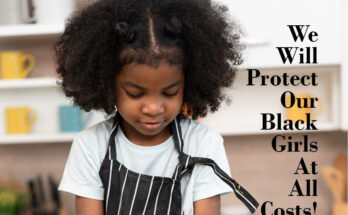This year is the 56th anniversary of the Pan-African holiday known as Kwanzaa. The week-long event is celebrated globally, and brings a focus on a “call for the remembrance, reflection and recommitment” of Africans in the United States and world. Following is an excerpt from a writing of Dr. Maulana Karenga, the creator of the Kwanzaa Holiday.
“We remember our history and the legacies left and the people who made and left them for us and the world. We reflect on the expansive meaning of being African in the world, on the context and issues of our times, and on our way forward in struggle to forge a future responsive to our needs and interests as well as those of the world. And we recommit ourselves to our highest values, to our most anchoring, elevating and liberating practices, and as ever to the good of our people and the well-being of the world.
At this historical milestone and marker, it is good to remember and reflect on the origins of Kwanzaa, not only in the ancient African festivals of harvest and shared good, but also its origins in the relentless and righteous struggles of the 60s (i.e., the Black Freedom Movement for freedom, justice, equality, and power of our people over their destiny and daily lives).
For deeply embedded and ever-present in the celebration of Kwanzaa and the practice of its founding principles, the Nguzo Saba, is the constant call for and commitment to striving and struggling. Here, I use striving and struggling interchangeably, with the meaning being exerting great and focused effort to achieve, excel and advance. For the struggle, as we imagined and waged it and continue to do so, is not only to defy and defeat the oppressor, but also to overturn ourselves, removing from ourselves the legacy of oppression, clearing social space in which we can live, love, work, build and relate freely, and striving diligently then to come into the fullness of ourselves.
Kwanzaa, then, was conceived, born and came into being in the midst of struggle, in the fires and furnaces of the Black Freedom Movement, and therefore carries within it this legacy and the lessons from it.”
The Principles of Kwanzaa
Umoja – December 26
Unity – To strive for and maintain unity in the family, community, nation, and race.
Kujichagulia – December 27
Self-Determination – To define ourselves, name ourselves, create for ourselves, and speak for ourselves.
Ujima – December 28
Collective Work and Responsibility – To build and maintain our community together and make our brothers’ and sisters’ problems our problems and solve them together.
Ujamaa – December 29
Cooperative Economics – To build and maintain our own stores, shops, and other businesses and to profit from them together.
Nia – December 30
Purpose – To make our collective vocation the building and developing of our community in order to restore our people to their traditional greatness.
Kuumba – December 31
Creativity – To always do as much as we can, in the way we can, in order to leave our community more beautiful and beneficial than we inherited it.
Imani – January 1
Faith – To believe with all our heart in our people, our parents, our teachers, our leaders, and the righteousness and victory of our struggle.
Make Kwanzaa Part of Your Holiday Tradition
First celebrated in the United States, Kwanzaa was brought into western holiday traditions to honor our ancestors from the African continent using terminology from Swahili. Now 55 years later, people all over the world celebrate Kwanzaa!

